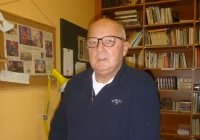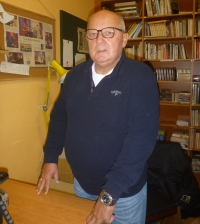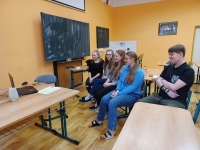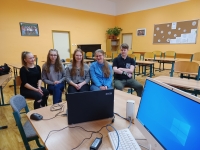For him, Scout meant a life fulfillment
Stáhnout obrázek
Lubomír Linhart was born on May 25, 1958 in Poděbrady. Already in 1967, together with several other boys, they founded a scout boating group. In the 1970s, they ignored the ban on scouting and continued to lead a life like from the books of Foglar. Their section leaders experienced the war as well as the 1950s. They were able to create a truly Foglarian atmosphere at the scout camps - the youth composed the famous three eagle feathers, all-day trials of solitude, hunger and silence. In addition to water sports, the witness started skiing. He worked at the ski school in Pec pod Sněžkou. He attended the revival of Junák in 1989, where he saw Jaroslav Foglar for the first and last time. After the Velvet Revolution, he served as chairperson of the privatization commission in the Nymburk district. He was interested in military history and in 2004 he attended the 60th anniversary of the Normandy landings. In 2022, he lived alternately in Poděbrady and in Meclov pod Přimdou.



